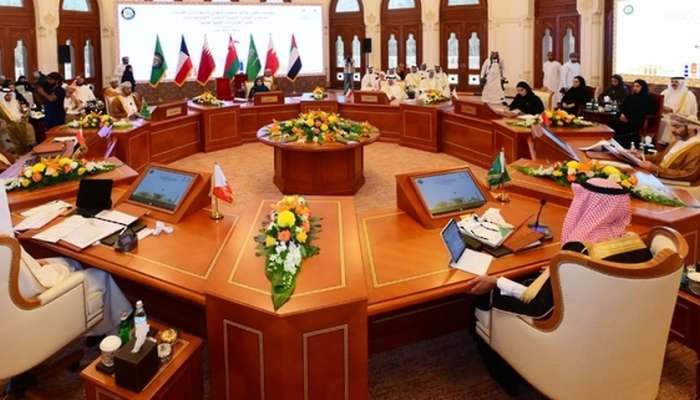
Muscat: The Sultanate of Oman, represented by the Ministry of Social Development, today chaired the 9th meeting of the Ministerial Committee of GCC Ministers of Social Development and Social Affairs, in Muscat.
The meeting discussed four main of topics, which were: The decision of the GCC Supreme Council on the Unified Law for Empowering Persons with Disabilities; the Unified Law for Volunteering Action; the decision of the Ministerial Council on protecting moral, religious and family values in Gulf societies; and the decision of the Ministerial Council on endorsing the tasks and responsibilities of the GCC Joint Charitable Action Committee.
The meeting discussed the GCC joint strategy on women’s affairs, the dissemination of a Privilege Card for persons with disabilities in GCC states and the State of Kuwait’s proposal to dedicate an award for outstanding people with disabilities in member states.
The meeting also endorsed the first initiative that stems from the GCC social development strategy aimed at devising unified policies on securing the stability of Gulf societies and instilling a spirit of Gulf citizenship and Arab and Islamic identity.
Oman’s Social Development Minister Dr. Laila Ahmed Al Najjar, who chaired the meeting, gave a speech in which she said, “The current circumstances and rapid trends in daily life around the world produce many social issues and pose challenges that require our attention. This is because such developments have direct and indirect impacts that may lead to radical and profound phenomena that affect the social system and challenge social values, family cohesion and the unity of the Gulf society.”
Dr. Laila stressed the keenness of GCC states to address these challenges, provide social protection for various segments of society and ensure a decent living for Gulf citizens. This, she added, can be achieved by utilising modern methods and technologies to collect data and draw up strategic and proactive plans. In this way, the authorities concerned would be able to control many social problems and phenomena in various sectors of social action, she explained.